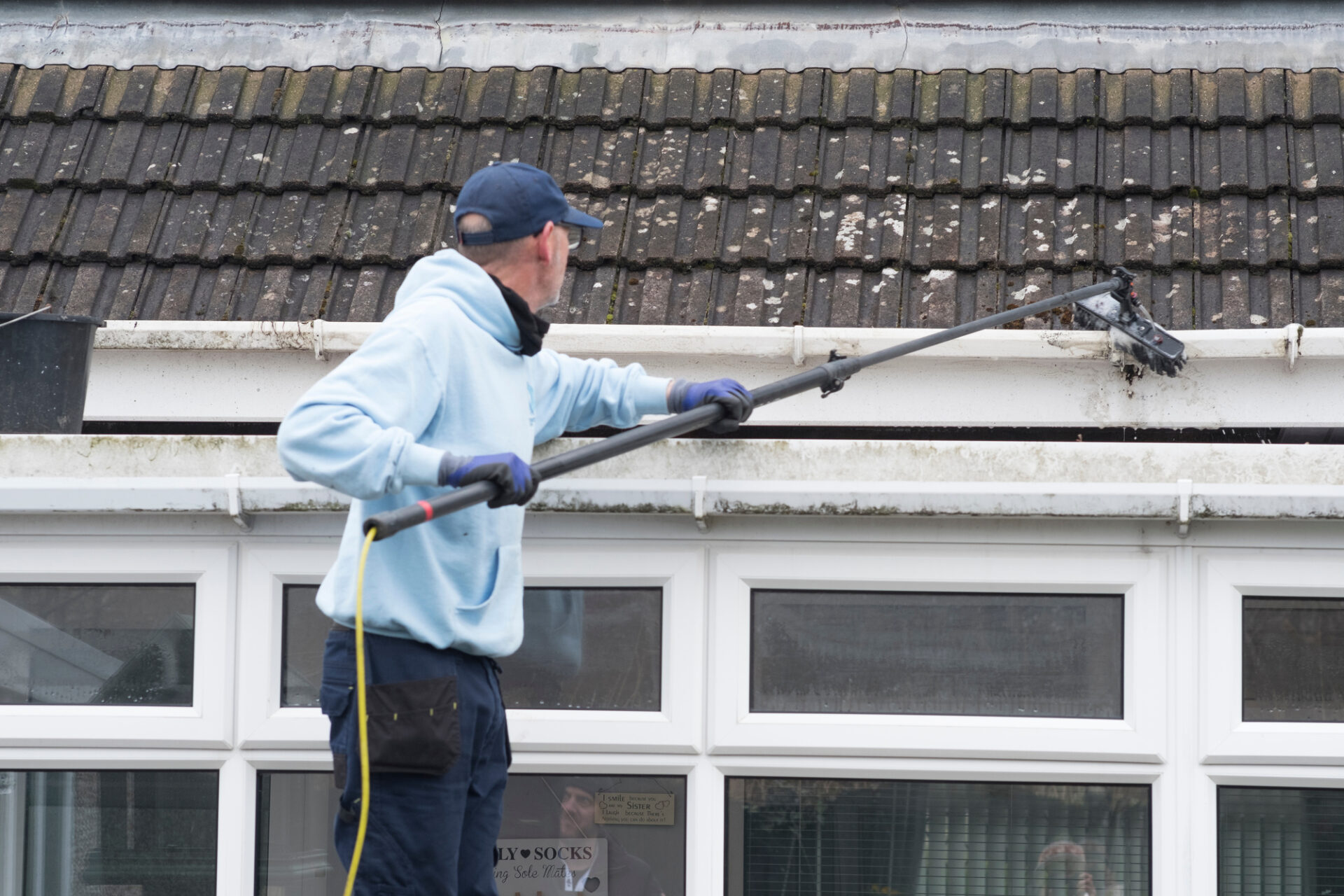Clogged drains are disgusting and inconvenient to your household. The drain contains bacteria that could cause health problems and a foul odor that makes the house inhabitable. Most blockages require a plumber’s help to eliminate the obstruction in your bathroom, kitchen, or laundry area.
Blocked drains can create low water pressure, cause the toilet not to flush, and block the kitchen sink. Understanding what causes these drain issues is an opportunity for you to take caution against such problems. This article details some causes of drain blockage and how you can address them when DIY fixes like baking soda and drain snake aren’t cutting it.
Table of Contents
Hair
Your bathroom sink, shower, and bathtub can easily get blocked by hair. On average, a person loses about 60 to 100 strands daily. The hair mixes with conditioners, soaps, and shampoos, creating slurry in the drain. Once this accumulates, it causes a blockage.
You can fix a drain clog caused by hair through these measures:
- Plunge the drain often.
- Use commercial cleaners with sulfuric acid that dissolves the slurry.
- Add a shower hair filter to the grate on the floor.
- Use a drain snake to dislodge stubborn clogs.
Whichever you choose, ensure it works well to avoid complex issues. If the problem persists, call expert plumbers to help you resolve it.
Food Remains And Waste
Food remains, and waste can be sharp, sticky, and hard. You should place them in the garbage cans, not the sink, laundry drains, toilet, or bathtub. None of the drains above can handle food waste because they weren’t built to carry it.
You can prevent such clogs through these steps:
- Set up a bin for the food waste.
- Have a drain strainer to prevent food from entering the pipes.
- Run cold water every time you use the garbage disposal.
These tips help stop sink blockages and keep them in working condition.

A window and gutter cleaner cleaning Dirty clogged white plastic pvc gutters and drain pipes with mossy green mould on plastic fascias. Blocked drains and guttering need regular yard work maintenance
Fat And Grease From Cooking
Grease and fat solidify in the pipes forming ‘fatbergs’ resulting in blockages. Fat can come from cooking oil, human waste, fat-based soap, or accumulated food residue. To prevent such build-ups and jams, you should refrain from rinsing fats and oils into the drain. Let it solidify on the plate and scrape it into the bin.
You can address such blockages by trying the following:
- Try using bicarb and vinegar to dissolve the fat or grease.
- Mix boiling water and detergent, then pour it down the drain to break the grease and fat.
- Use fat-free detergents and soap.
- Use acidic cleaners.
If these methods don’t unblock the drain, call your plumber for help.
Incorrect Installation Of Pipes
Your pipes can quickly get blockage if they aren’t installed properly. This issue usually happens when you hire an unlicensed plumber or install incorrect connections. You should expect trouble if you connect a 100mm pipe to a 40mm one. You can solve the dilemma by calling your plumber for help in rectifying it.
Foreign Objects
Pushing foreign objects down any drain causes blockage. Some examples include sanitary pads, cotton pads, baby wipes, children’s toys, electronic waste, and many more. Whenever such items are flushed intentionally or unintentionally, they can result in drain clogs.
You can avoid the flushing of such objects by positioning a waste basket near the toilet so that you can throw them there instead.
Intrusion By Tree Roots
Tree roots can penetrate a cracked pipe or break through it, causing your drain to block. The condition of your outdoor pipes significantly impacts the effectiveness of the whole system. A minor crack in your drainage can become a site for the tree root to ingress and grow its way inside your drain system.
This blockage can be rampant if trees are on or near your property. To fix such issues, consider the following:
- Have a professional check the problem with a drain camera to get a clear picture of how you can address the issue.
- Remove the tree for a permanent solution.
- Organize regular drain inspection and cleaning to prevent unforeseen blockage.
These are great options for securing your drain if you want to permanently resolve tree root issues.
Storms And Heavy Rain
When there’s heavy rain or storms, rainwater can overwhelm your drains, especially those on the sewer and roof. When water can’t exit the drains fast enough, it overflows and causes backups. This can also worsen when a solid matter is in the drain system.
To solve this problem, you should do the following:
- Look for cracks on your foundation and seal them.
- Before the start of winter and summer, conduct a comprehensive plumbing inspection.
- Clean up any build-up of leaves or debris.
These will help ensure your gutters are ready to channel water effectively.
Conclusion
You must deal with drain blockages as soon as you notice them. This keeps your costs of repair low and your system in perfect condition. Depending on the cause of the jam, the remedies mentioned above can help. However, if these don’t ease the blockage, call your plumber.





